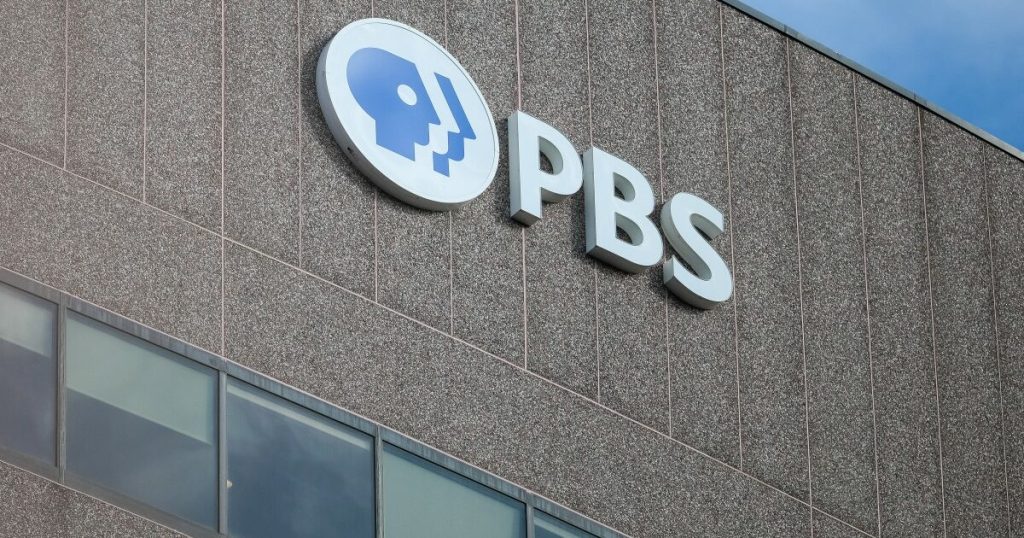The Republican-controlled US House of Representatives narrowly approved a bill championed by President Donald Trump to rescind $9 billion in previously allocated federal funding, marking an initial step in a broader effort to curtail government spending. This move fulfills a campaign promise by Trump to rein in perceived runaway spending, despite the relatively small impact of these cuts compared to the ambitious trillion-dollar savings goal initially envisioned by tech entrepreneur Elon Musk before his departure from a federal cost-cutting initiative. Ironically, this fiscal austerity drive follows the passage of a domestic policy bill by the same Republican majority, a bill projected to add over $3 trillion to the national debt.
The rescissions package targets a range of programs, primarily impacting foreign aid initiatives aimed at assisting countries grappling with disease outbreaks, armed conflicts, and natural disasters. In addition to foreign aid, the cuts also affect domestic programs, including $1.1 billion earmarked for the Corporation for Public Broadcasting (CPB) over the next two years. This funding supports over 1,500 local public radio and television stations, as well as national broadcasters NPR and PBS. Conservative critics argue that CPB funding is superfluous and has contributed to biased coverage. While the initial proposal included cuts to a global AIDS program credited with saving millions of lives, these were ultimately restored due to opposition from moderate Republicans.
The bill’s passage highlights the tension between the two parties’ approaches to fiscal policy. Republicans, emboldened by Trump’s support, view the cuts as a crucial step towards fiscal responsibility. House Speaker Mike Johnson emphasized the fulfillment of a campaign promise, while Trump himself celebrated the victory on social media. Conversely, Democrats criticize the move as a breach of the bipartisan budget process and a potentially harmful blow to vital programs. They express concern that this initial round of cuts will pave the way for further rescissions packages, jeopardizing funding for essential services. Democratic leaders, including House Minority Leader Hakeem Jeffries and Senate Minority Leader Chuck Schumer, condemned the cuts, arguing that they undermine the well-being of Americans and compromise the nation’s preparedness for emergencies.
The political implications of this budget battle extend beyond the immediate cuts. Democrats, who hold some leverage due to the need for bipartisan support to pass future spending bills, have threatened to withhold cooperation on crucial funding measures if the rescissions continue. With the government’s funding set to expire in September, this standoff raises the specter of a potential government shutdown. Republicans require Democratic votes in the Senate to secure the 60-vote threshold needed to overcome a filibuster on budget legislation. This dynamic creates a high-stakes negotiation, with both sides maneuvering for advantage.
The rescissions bill now awaits Trump’s signature, after which it will become law. Despite achieving only a fraction of the initial savings targets, the bill’s passage represents a symbolic victory for fiscal conservatives and sets the stage for further battles over government spending. This latest development underscores the deep divisions between the two parties on fiscal policy and raises concerns about the potential for future gridlock over government funding.
The White House has indicated its intention to pursue additional rescissions packages, signaling a continued commitment to reducing government spending. This approach, however, faces strong opposition from Democrats, who argue that it undermines critical programs and jeopardizes the well-being of vulnerable populations. The looming threat of a government shutdown adds another layer of complexity to the budget debate, as both parties seek to avoid the political fallout of a funding lapse. The coming months will be crucial in determining the future direction of fiscal policy and whether the two parties can find common ground to avoid a potentially damaging government shutdown.
The clash over spending cuts highlights the fundamental disagreements between Republicans and Democrats regarding the role and size of government. Republicans generally favor a smaller government with reduced spending and lower taxes, while Democrats prioritize government investment in social programs and infrastructure. This philosophical divide makes compromise on budget issues particularly challenging, and the current political climate further exacerbates these tensions. The fight over the rescissions bill serves as a microcosm of the larger ideological battle over the proper role of government in American society. The outcome of this ongoing struggle will have significant consequences for the future of the country, impacting everything from healthcare and education to national security and environmental protection.


